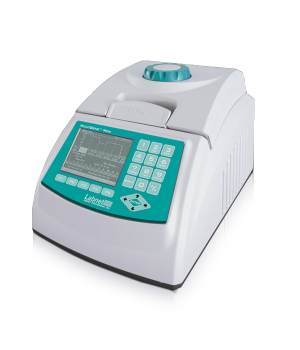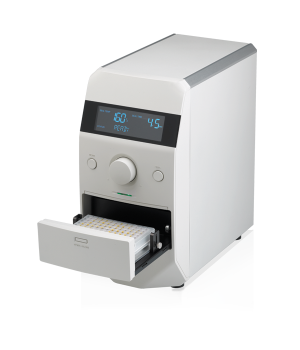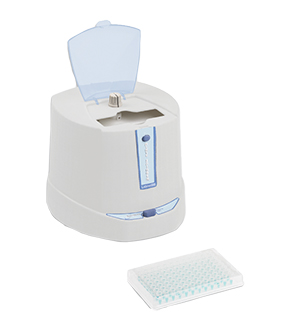PCR
Get the Basics on PCR
27 Jun 2018
PCR, or polymerase chain reaction, is a common technique used in research labs that deal with DNA, allowing researchers and technicians to replicate a single DNA sample millions of times over. This of course promotes the effective analysis and research of particular DNA sections. The technique was developed in the 1980s, but in that short amount of time it has already contributed to a myriad of research accomplishments.
Protect Your Samples with Labnet’s AccuSeal™ Plate Sealer
12 Nov 2013
Thermal sealing offers some pretty impressive benefits for your lab, from improving the consistency of your results to providing better sample integrity at low temperature. But probably the number one advantage for labs stems from the reduction of instances of leakage or sample evaporation.
Protect DNA Samples and Increase PCR Yield with the MPS 1000 Mini PCR Plate Spinner
03 Oct 2013
Maintaining the quality and integrity of your DNA samples in the lab is crucial to successful PCR, as there are multiple factors at play to ensure you end up with a high yield of amplified DNA once PCR is completed.
Without proper liquid handling techniques (see Labnet’s Pipette Best Practices), you run the risk of an incomplete mixture of your specific reaction reagents and DNA samples, leading to a reduction in the quality and quantity of your PCR yield.



